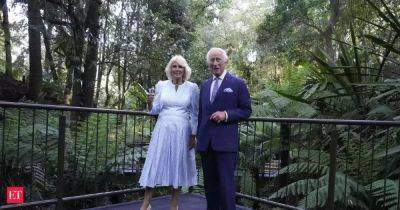Jack Mintz: Hands off our pensions, Trudeau Liberals!
Controversy broke out last week over a proposal from Brookfield Asset Management Ltd., the investment company, to create a $50-billion fund that would include pension and federal government money to invest in Canadian equities. Much of the uproar was focused on a conflict of interest for Brookfield senior executive, Mark Carney, who was recently appointed by Prime Minister Justin Trudeau to provide advice on economic policy.
Less attention was paid to a serious economic issue: should Canadian pension funds be directed to hold more Canadian equities? The last way to help pensioners is to create a public-private entity to manage pension funds. Pension plans want to maximize the risk-adjusted return on their portfolio. Governments pursue other objectives, like ESG, that often compromise profitability. Pension plan returns can suffer unless taxpayers make up for any losses.
So far, the proposal looks to be dead in the water. But the story is one more example of how the government has struggled over the past two years to find policies that would encourage more Canadian investment. For a while, the Trudeau government showed interest in bringing back some version of the 1994 foreign property rule limiting pension and RRSP foreign asset holdings to 20 per cent of their assets. That idea seems off the table, for now at least.
Then in its 2023 Fall Economic Statement Ottawa expressed interest in removing the 30 per cent limit on pension plan ownership of Canadian companies. That’s not a new idea: Ontario looked at it in earlier years and rejected it. Why? The change would give pension funds, which are exempt from paying income tax, a free hand in buying up taxable companies for control. Be taken over by a pension fund and, poof!,
Read more on financialpost.com
 financialpost.com
financialpost.com





















